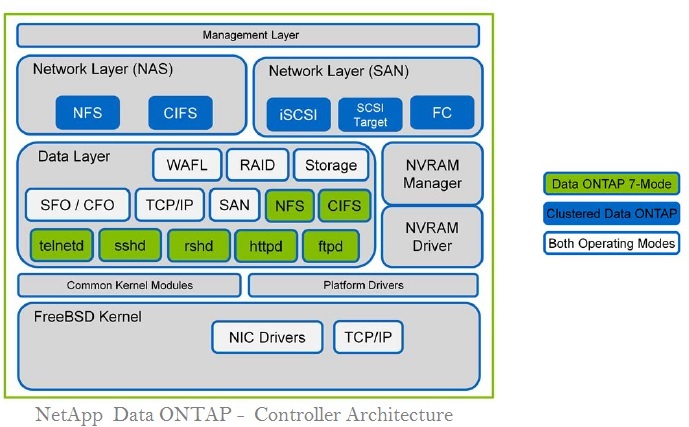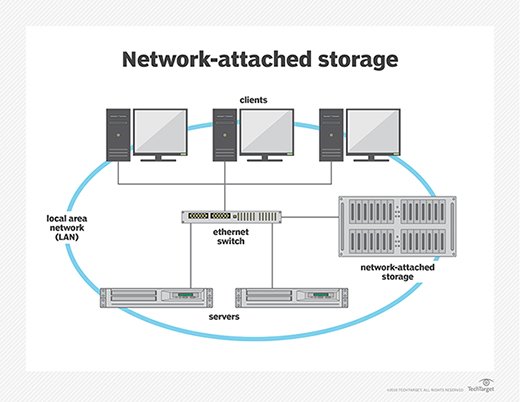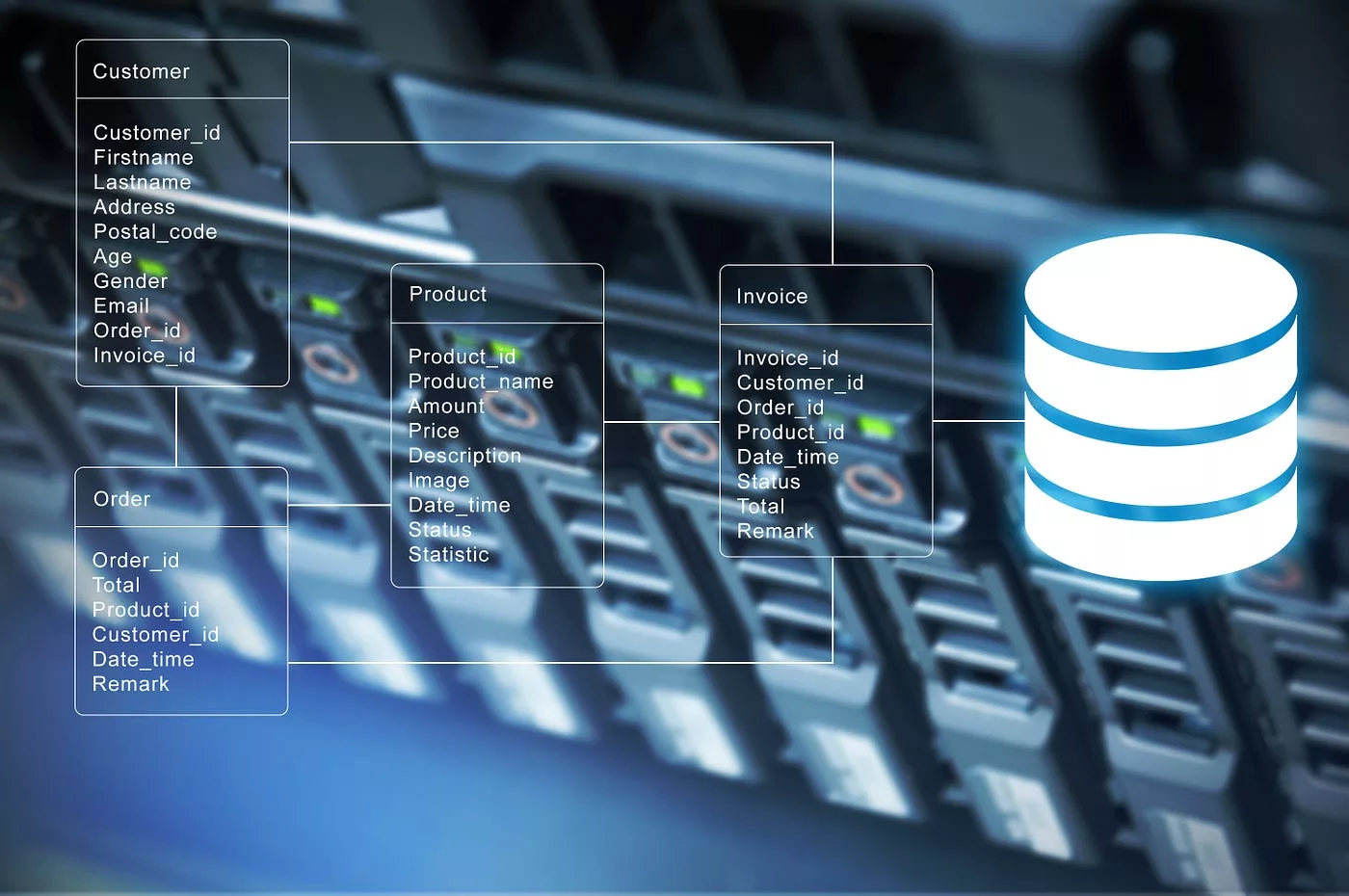Competitiveness in analytic and data science-driven marketplaces has posed a huge challenge for enterprise companies in managing & operationalizing increasingly complex data across the business. Unsurprisingly, enterprises have increasingly sought data engineers, given the need to integrate, process, and distribute diverse data, ranging from edge devices to specific business lines, for downstream consumption.This field has experienced an average annual growth of 50%.
We’re excited to unveil CDP Data Engineering (DE), only one cloud-native solution purpose-built for enterprise information engineering teams, to address these issues. DE provides an all-in-one toolbox for advanced data engineers utilizing Apache Spark, including data pipeline management, automation, enhanced analytics, visual profile, and a full management toolset for optimizing ETL procedures and making complex data actionable across analytic teams.
DE, which is available as a hosted Apache Spark service for Kubernetes through to the Cloudera Hortonworks Platform (CDP), has unique capabilities for data engineering caseloads:
Monitoring, troubleshooting, and performance adjustment using a visual GUI for faster debugging and resolving issues
Apache Airflow native and comprehensive APIs for coordinating and managing scheduling processes and providing sophisticated data flows wherever Isolation of resources and centralized GUI-based job management SDX security and governance, as well as CDP data lifecycle connection.
Cloudera Hortonworks
Data Engineering aims to enhance efficiency by integrating and securing data pipelines for every CDP service, such as Computer Vision, Data Warehouse, Operations Support Database, and other analytical tools across your business. This approach contrasts with traditional data construction processes, which rely on a patchwork of toolkits for preparing, implementing, and debugging data pipelines. DE is completely integrated with Apache Disclosure Document Experience (SDX), giving every stakeholder in your company end-to-end operational insight and robust security and governance.
From the Ground Up, Enterprise Data Engineering
When we started working on Cloudera Hortonworks CDP Machine Learning, we wanted to see how we might improve and extend Apache Spark’s formidable capabilities. For a good reason, Spark is becoming the de-facto rule generated for ETL & ELT workflows, yet integrating with Spark has proven difficult and resource-intensive for many businesses. DE comes with a built administrative layer that enables one-click provisioning of scalable resources with handrails and a full task management interface for simplifying pipeline delivery by utilizing Kubernetes to containerize applications effectively.
Serverless and managed Spark
The common deployment model for Cloudera Hortonworks Spark has been inside the framework of Hadoop clusters using YARN operating on VM and physical computers throughout its existence. Due to a lack of commitment and capabilities, alternative installations were not as effective. It has become possible to run Spark atop Kubernetes with good performance thanks to improvements in container management technologies like Kubernetes. Even so, setting up the monitor and improving performance took a lot of time and work.
Despite their significant value, Cloudera Hortonworks companies have hesitated away from modern deployment strategies for these reasons. Many corporate data engineers using Spark in the public cloud, for example, are looking for transient compute resources that scale up and down based on demand. Previously, Cloudera users utilizing CDP on the public cloud had the capability to create Data Hubs clusters, providing a Hadoop form-factor for running ETL jobs with Spark. In most cases, these Data Hub clusters tend to be short-live, typically lasting less than 10 hours.
Not only is scale up or down computational power on demand ideal for Kubernetes-based containerization, but it’s also transferable between cloud providers & hybrid installations. With this in mind, the design DE will provide a managed service and a reliable, serverless Spark service to scale data pipelines.
What’s more in store for you?
We’ve made job deployment as simple as clicking a button for a database developer who has already created their Spark software on their laptop. A Cloud service client should use a simple tutorial to define all of their job’s main configurations.
Scala, Java, & Python jobs are all supported by DE. We minimized the number of variables required to start a job to a bare minimum while exposing all of the common variables data engineers expect: run time arguments, modifying default configurations, including dependencies & resource parameters.
Users can include other jars, configuration files, or Python egg files in their dependencies. A “resource” is a single item that maintains correct versioning to ensure all necessary dependencies are available wherever the task is run. All Spark executors have access to automatically installed and available resources, eliminating the need for manual file copying across all nodes.
The orchestration that is adaptable to Apache Airflow’s support
DE is a brand-new orchestration service powered by Apache Airflow, the industry-standard technology for modern data design. Airflow allows you to create pipelines with python code represented as DAGs. Using the special DE operator, DE generates the Airflow Python setup automatically.
Data engineers can leverage many of the thousands of community-contributed Cloud service operators to build their pipeline by utilizing Airflow. This will enable the creation of bespoke DAGs and the scheduling of jobs depending on event triggers, such as the appearance of an input file in an S3 bucket. This is what makes the Flow of air so robust and adaptable, and we’re so pleased to see it for the first time in the Cloudera Data Platform.





